As the owner and executive chef at upscale Asheville eatery The Market Place, chef William Dissen is a firm believer in food with integrity. The ingredient activist makes regular trips to Capitol Hill to fight for transparent labeling of genetically modified foods and always sources his downtown eatery’s inputs with a keen eye toward sustainable production.
Days ago, the chef arrived in Bristol Bay, Alaska and agreed to take Xpress’ entire readership along for a sockeye salmon sourcing adventure by sharing updates and photographs of his trip.
Dissen’s initial check-ins with Xpress detailed his arrival in “the Final Frontier;” his mission statement: investigating “one of the most sustainable fisheries on the planet and what it takes to get wild seafood from ocean to fork;” and some information on Alaskan salmon production practices.
This, his third and final Alaskan update, provides a wrap-up of the insight gleaned from his firsthand involvement at the fishery and surrounding areas.
Over the past week, I have had one of the most memorable experiences of my life. I’ve climbed glaciers, walked alongside brown bears, and caught, filleted, and cooked king salmon right out of the water. Saying this trip was epic would be a gross understatement. At the edge of the world in Alaska, I’ve learned about the harmony of a sustainable ecosystem — one where industry and nature work and live hand in hand.
Since I last checked in, we met with the Alaska Department of Fish and Game for Bristol Bay and met with Travis Elison and Paul Salamone, who are biologists with the fishery. They explained how management of the fishery works. It’s a three-part system, including subsistence, recreational and commercial fishing.
The subsistence fishing allows natives to fish for salmon and allots around 120 salmon per person to subsist on for the year, which helps to stock their freezers and pantries with a local, healthy protein. The recreational fishing accounts for less than one percent of the total amount of salmon harvested in the Bristol Bay region and is regulated at five sockeye salmon per day per recreational fisherman. This section of the industry accounts for a large economic boost to the region during fishing season due to the draw of tourism for fishing and viewing wildlife. The commercial fishing accounts for the largest portion of the industry and accounts for an average of 40-50 million sockeye salmon per year (in only a six-week fishing season).
The commercial fishery is highly regulated by the state and only opens when the fishery allows for enough escapement upstream to properly feed the ecosystem and allow for the circle of life with the salmon to continue.
While in Bristol Bay, we also had the chance to visit the Pederson Point Cannery with North Pacific Seafoods where we toured the company’s commercial processing operation. There we met with plant manager Robert Torres, who led us on a tour of how the salmon are brought in from the fishing boats, processed, frozen and shipped out for the world to eat. We saw seafood buyers from the Japanese sushi markets as well as buyers from around the world. It’s an amazing, all-inclusive operation where the facility can process tens of thousands of pounds of salmon per hour.
On the other end of the spectrum, we visited Naknek Family Fisheries — a small, locally owned processing facility run by fisherwoman Izetta Chambers. Ms. Chambers operated a couple of fishing boats and collaborates with other fishermen in the region to hand-select fish to process, sell and direct market to customers in Anchorage and the lower 48 states. She also has a small smokehouse where they hot-smoke their salmon to make salmon candy and smoked salmon products (delicious!). Their commitment to promote local seafood, agriculture and the sustainability of the fishery stands at the forefront of their business model. It was great to see a like-minded business model in Alaska, where local & sustainable come first when it comes to food. I told her she would fit in great here in Asheville!
On the last day of our Alaskan adventure, we made our way up to the headwaters of the Naknek River to Brooks Falls in the Katmai National Park. It’s the place I have dreamed about since being a child, where the brown bear fish for salmon straight from the epic waterfall at Brooks Falls. Walking among these giants was amazing and unnerving to say the least. I definitely felt like I wasn’t at the top of the food chain. The bears really showed me how important these sockeye are to the ecosystem and that the fish feed more than just our people. They feed everything from people to the birds, bears and everything in between.
The lifestyle of the fish touch everything they pass, from river to ocean and back again. After they make their way past Brooks Falls, they lay their eggs and die. But their lives go on past there; as their bodies decompose, they feed nutrients into the water, which feeds the land and trees. The native culture even dictates that the salmon are a part of everything and even live on as part of the trees after they’ve passed on. It’s all so connected and amazing.
In our everyday lives, we get caught up with meetings and running around from place to place. We don’t take time to appreciate how everything in our world works in harmony with one another. My time in Bristol Bay really helped to show me how this is true and how we need to respect our environment and the world around us in order for it to be around for generations after us to appreciate.
I am honored and humbled to have had the chance to work with the Chef’s Collaborative and the Bristol Bay Regional Seafood Development Association to take this journey to Alaska. This trip is one I will remember for a lifetime. Alaska is “the Last Frontier” for wilderness, but it’s first in sustainability and protecting the state’s most precious commodity — nature.

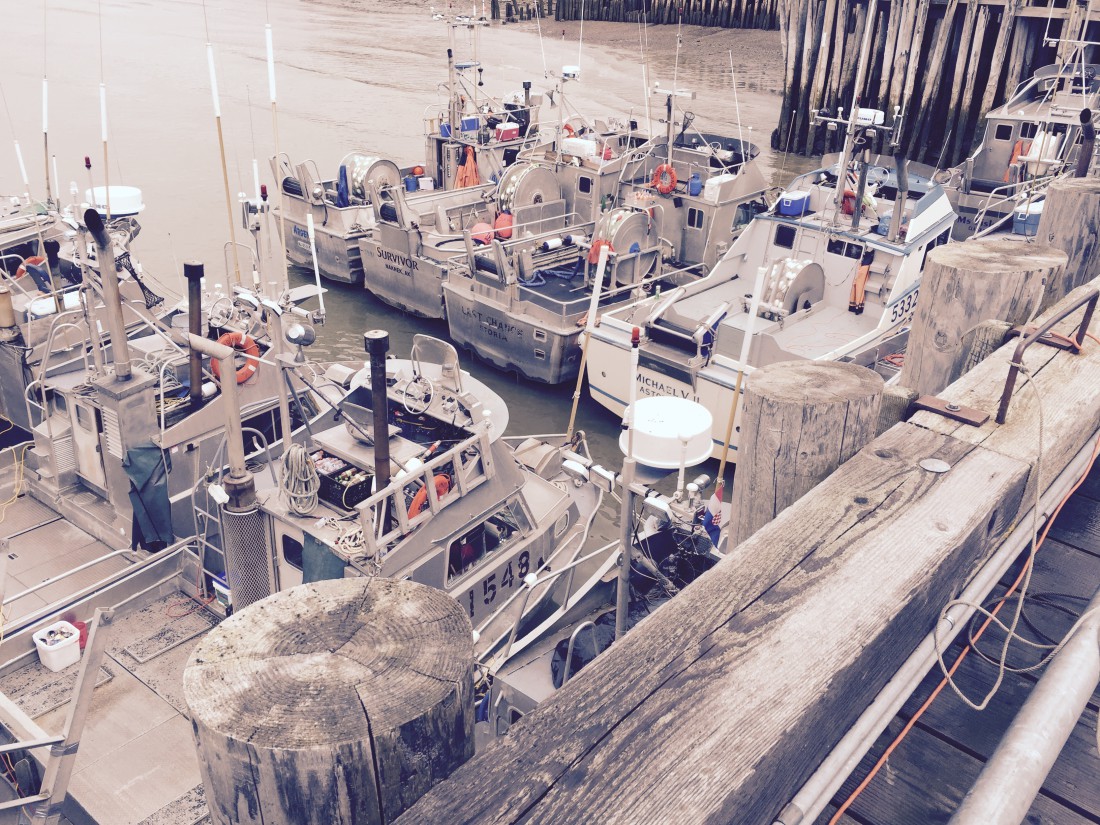
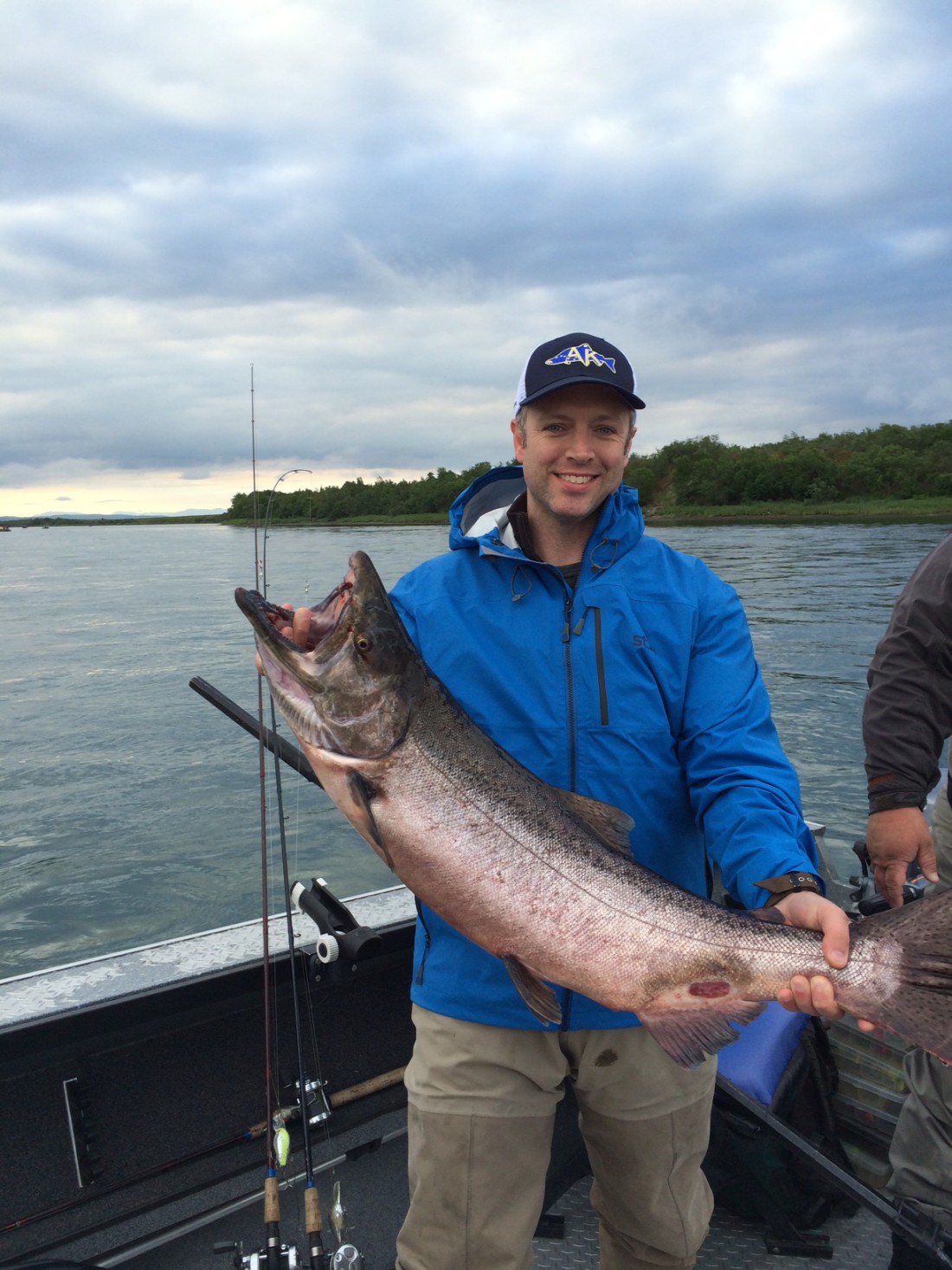
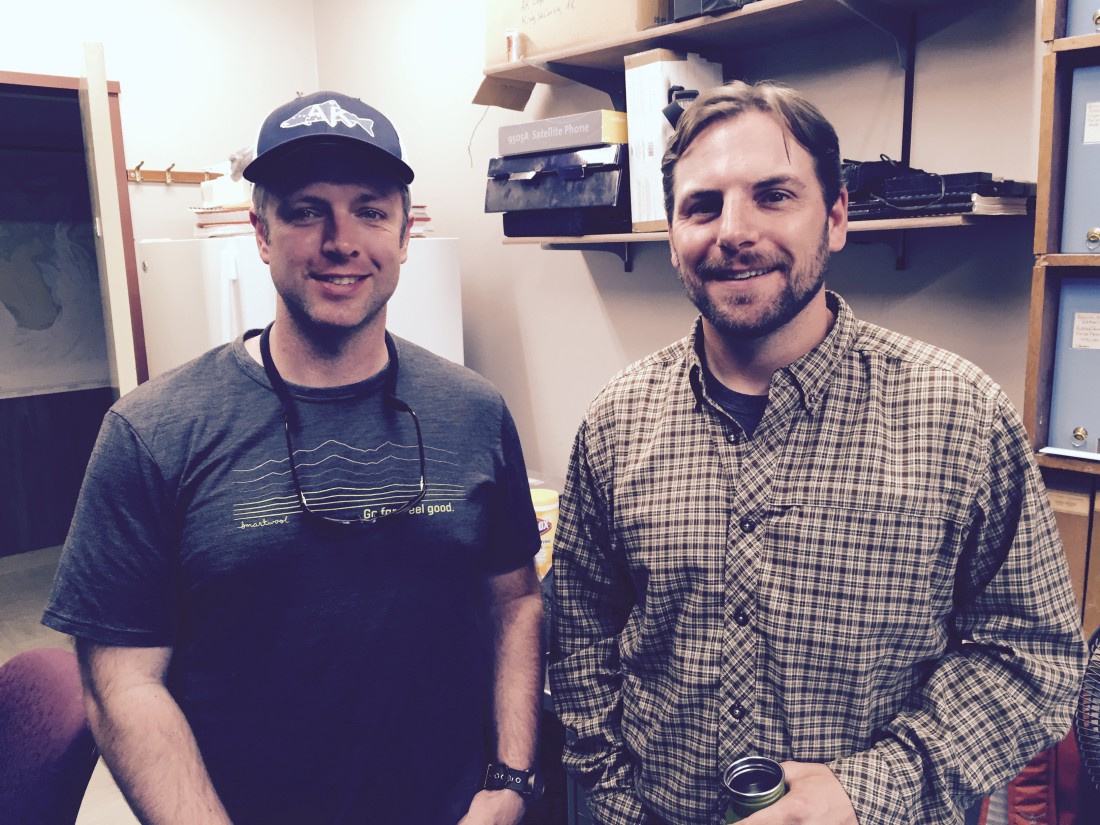
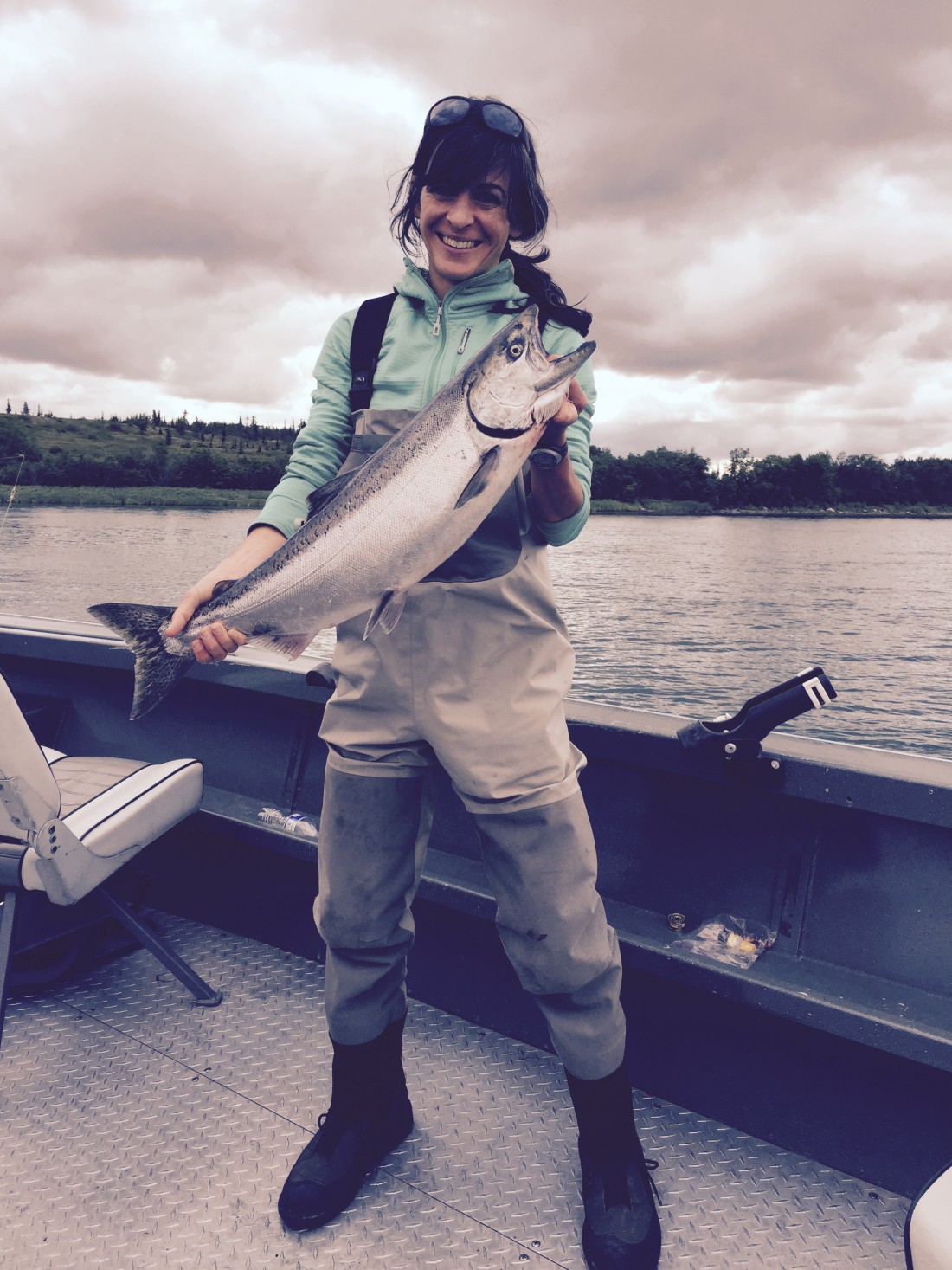
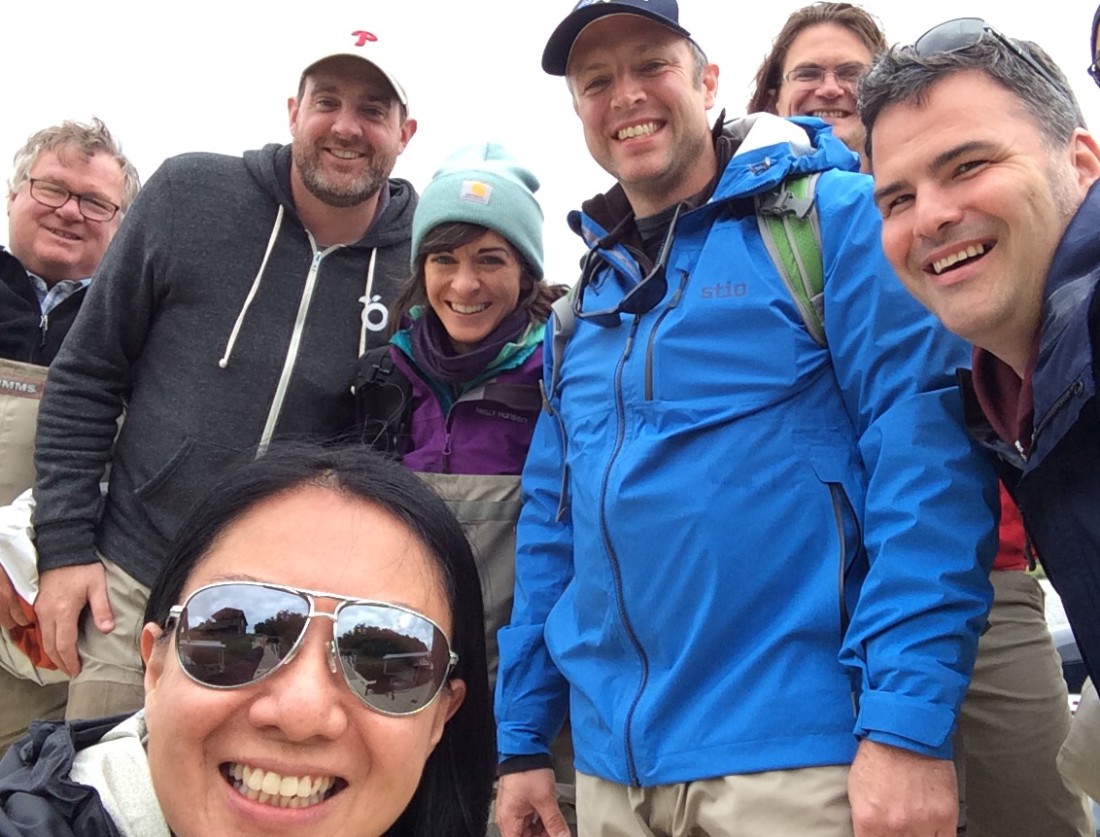
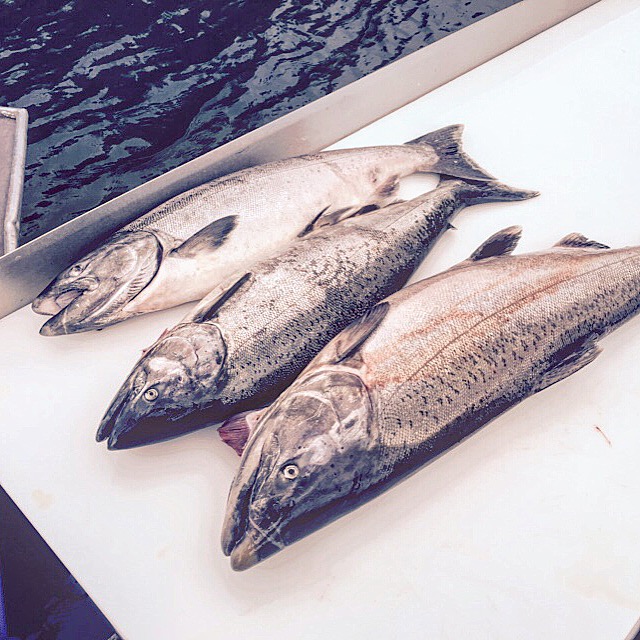
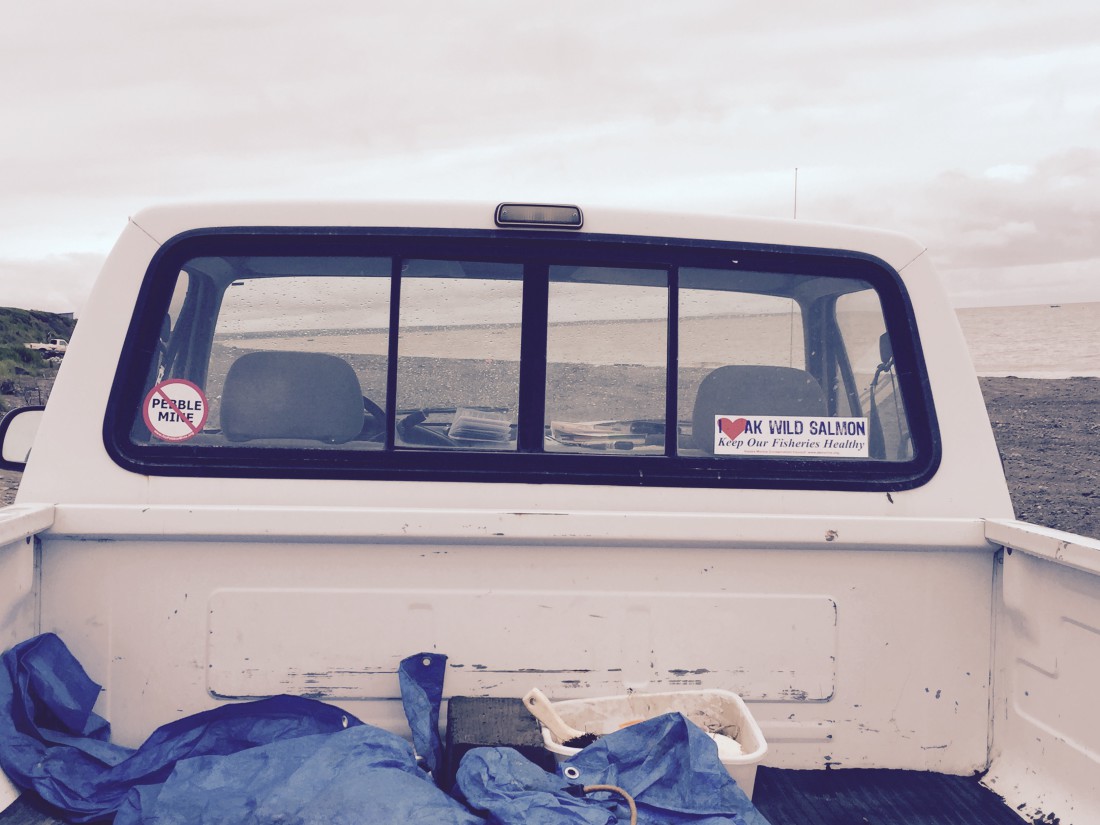
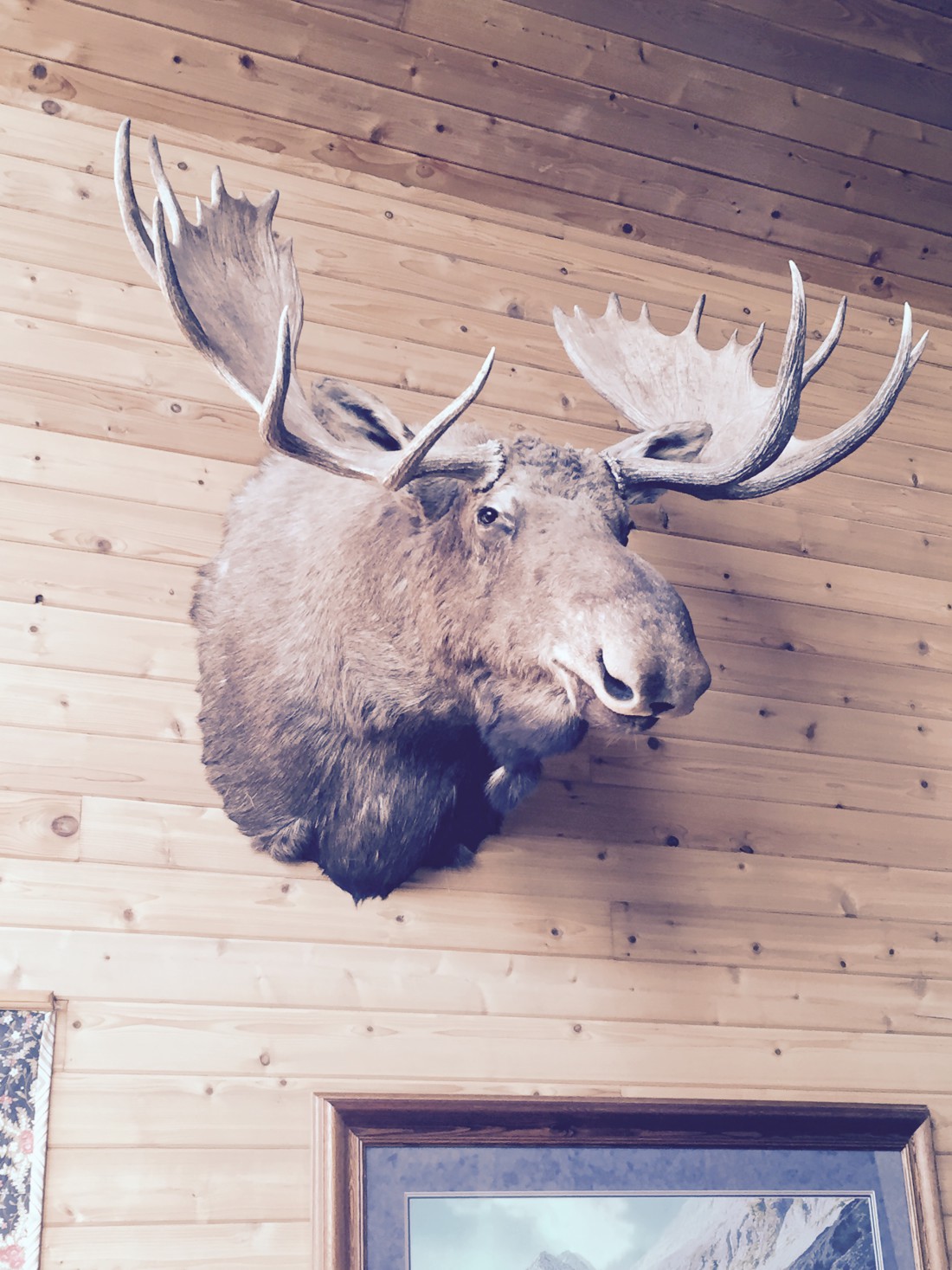

Before you comment
The comments section is here to provide a platform for civil dialogue on the issues we face together as a local community. Xpress is committed to offering this platform for all voices, but when the tone of the discussion gets nasty or strays off topic, we believe many people choose not to participate. Xpress editors are determined to moderate comments to ensure a constructive interchange is maintained. All comments judged not to be in keeping with the spirit of civil discourse will be removed and repeat violators will be banned. See here for our terms of service. Thank you for being part of this effort to promote respectful discussion.